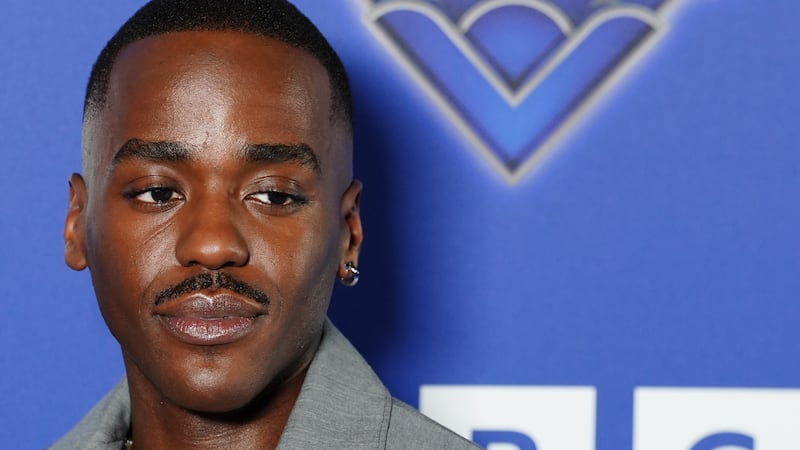Fans of the classic novel ‘To Kill a Mockingbird’ are eagerly awaiting the book’s sequel with hundreds of copies pre-ordered in local bookshops.
‘Go Set a Watchman,’ which is the only the second book by reclusive author Harper Lee, will be published tomorrow, July 14.
The new book will focus on the later lives of characters Atticus and Jean Louise ‘Scout’ Finch from Lee’s 1960 Pulitzer Prize winning novel.
Paul Doran, the lead bookseller at Waterstones in Fountain Street, Belfast, has said that both staff and customers are very excited about the follow up to the immensely popular 'To Kill a Mockingbird'.
“We’ve been selling lots of Mockingbird, including special hardback editions and had hundreds of pre-orders for the new book,” said Doran.
“Mockingbird has always been one of the few books that the majority of our customers seem to agree upon. I can’t really think of another book that captures people’s imagination and affection in the same way.”
Waterstones will open early at 8.30am tomorrow to sell copies of the much anticipated novel.
“We’re going to have some good old American folk music playing all day, as well as some classic Southern-style snacks for customers,” said Doran.
Recent reviews concerning the portrayal of literary icon Atticus Finch in the new book have suggested that the character has become a ‘bigot’ in Go Set a Watchman, leading to widespread disappointment from fans before the novel has even been released.
“Early reviews seem to suggest we might see him in a different light, one which may not prove so popular with reader,” said Paul Doran.
“But, even if this turns out to be the case, there’s no denying that it will prove to be a very interesting development in literature.”
“And this is what great literature should do. It should challenge our expectations and subvert the familiar.”







